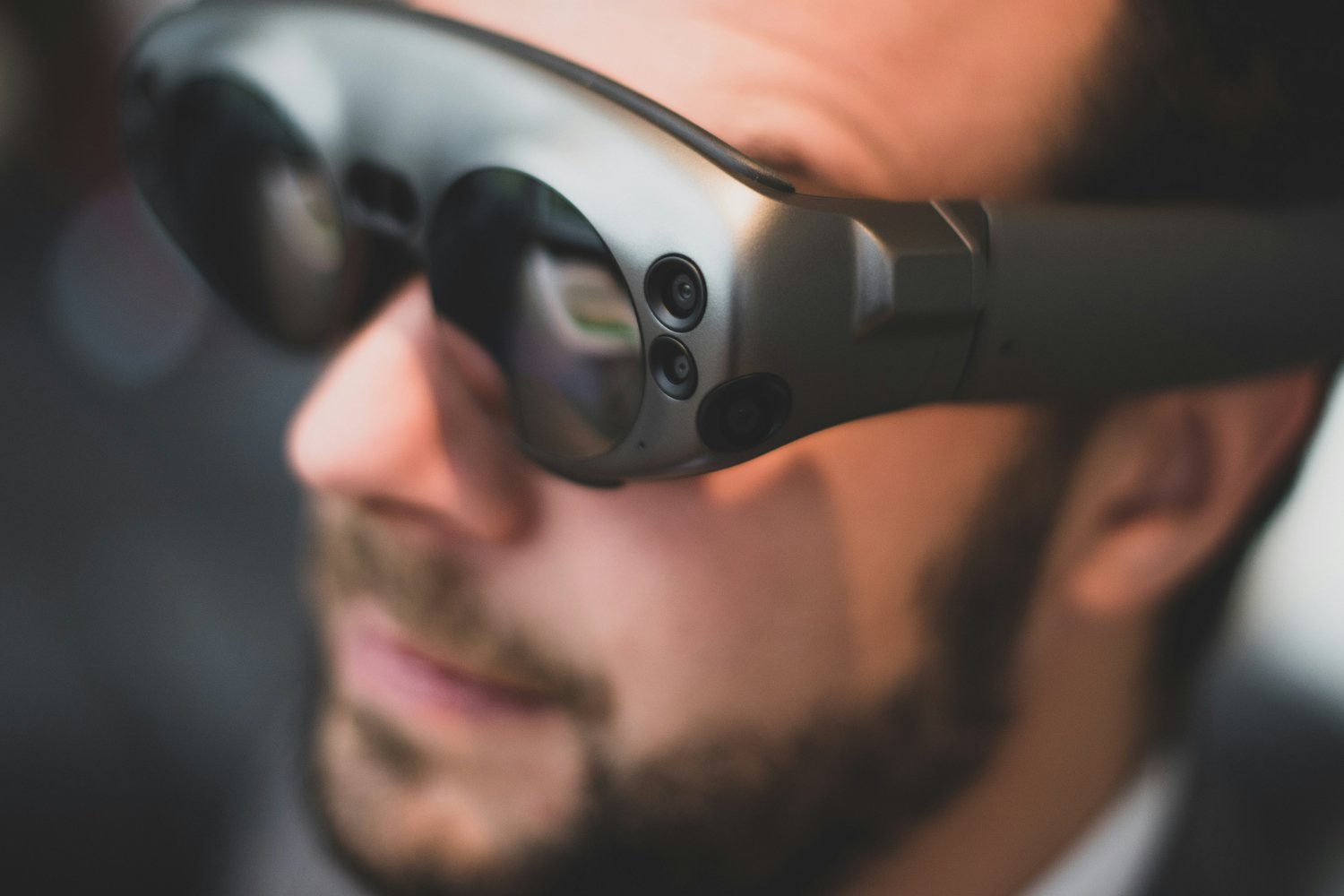For some time now, the industry has been buzzing with rumors of Meta’s development of a pair of augmented reality glasses. This device, distinguished from previous initiatives such as Ray-Ban Smart Glasses and Quest headphones, integrates a visual dimension, that of augmented reality – a technology that goes beyond current capabilities focused mainly on virtual reality and mixed reality experiences.
“Real” augmented reality at the end of the road
The “Orion” glasses represent the fruit of several years of work within the Reality Labs division of Meta, under the leadership of Andrew Bosworth, technical director, and with special attention from Mark Zuckerberg. Unlike existing products that flirt with AR functions through audio and multimodal artificial intelligence, or video captures without real visual immersion, “Orion” wants to offer a complete and advanced AR experience.
The road to commercialization of Meta’s AR glasses, however, remains paved with technical and economic obstacles. The high production cost of these devices raises questions about their accessibility to the general public. However, Meta’s immediate goal with demonstrating “Orion” at the Connect conference is not to go to market, but rather to generate excitement within the industry … and to show who is the boss of high technology while Apple has just launched its mixed reality . headset, the Vision Pro. And we imagine that the Cupertino manufacturer does not intend to stop there: the glasses “format” must undoubtedly interest it…
The expectation around “Orion” is reinforced by the statements of Andrew Bosworth, who evokes technology ” prohibitively expensive » but which would result in a product that could be “ the most advanced thing our species has ever produced »! Big words that underline not only Meta’s commitment to technology, but also its long-term vision for AR glasses, with a commercial launch planned for roughly 2027.
The integration of smart glasses into our daily lives does not depend only on technological developments. Cultural and social norms will also have to adapt, a process that has already begun with more niche mixed reality products. Ray-Ban Smart Glasses, for example, found their place thanks to a more discreet design and unexpected practical applications for content creation. The success of these products shows that there may be a path to wider acceptance of AR glasses.

